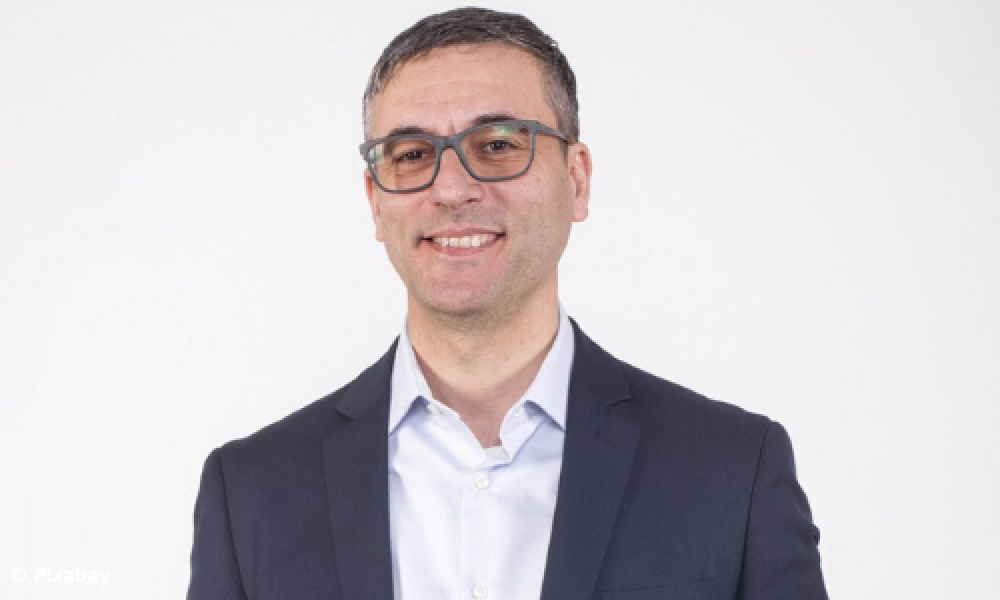Maurizio Aiello is an innovator, the CEO of the biotechnology company, React4life that helps scientists in the field of cancer research. He has been involved in several EU-funded projects: B2B, a Future and Emerging Technologies (FET) project and MOOD, which benefited from the European Innovation Council (EIC) Accelerator. In this interview, Maurizio talks about his career path, the challenges that start-up companies are facing with and his personal experience about how bold ideas can be turn into reality by the help of the European Commission in order to improve therapeutic methods and the life expectancy of oncologic patients.
How did you become the CEO of React4life?
In December 2016 Silvia and I decided to join our efforts and to found React4life. Initially we started slowly, participating in some contest and gaining prizes. We won the Ligurian Start Cup, then an Acceleration Path with Fabriq, the business incubator of Milan city. That event changed completely our vision of the world. We understood the fundamental process of business accelerating, which consisted in understanding the importance of what is essential apart from the idea itself. We gained a better understanding on business need and solution, intellectual property rights, market analysis, pricing, business plan, legal and financial aspects (cash flow, income, balance, etc.), supply chain, human resources development and recruiting. We learnt how to manage funding and investors and how to execute correctly an operational plan. Furthermore, we understood better the central role of communication and networking and the importance of a strong sales strategy. Then we realized how long the way is to build a company from zero.
I decided to dedicate all my efforts to React4life and I became the CEO of the company in October 2018. I realized that it was important to enlarge the team, but it has become very difficult. It is incredibly important that people you engage share the vision and strategy of the company, and it is crucial that they are very fast in execution, and able to pivot immediately as the business requires it. We have changed our business model and followed several market strategies, according to the feedback we obtained from our first customers and partners. Another important element is the commitment, which needs to be more than 100 %.
How do the FET Open/EIC Pathfinder project B2B and the EIC Accelerator MOOD project contribute to achieve your dreams?
The MOOD project has been a fundamental step for reaching the market. Now we have a better understanding on the market that we were targeting. We could clearly identify market segments and the different customers. We understood that we needed to invent separated strategies tailored to different type of clients.
As an example, reaching big pharma companies require different approaches than reaching a contact research organisation or a research institution, and it is equally different for testing companies. That was the case in our first product, MIVO(R).
With B2B we are doing a step forward in our technology, because the project allows us to experiment new methods that we could not try without funding. These methods will be taken to the market even outside the scope of B2B project, even if the final technology readiness level of the B2B is too low to be brought to the market. The coexistence with top-level scientists, like the ones we have in the consortium is a unique experience for an SME start-up to gain extra knowledge that give us competitive advantage on the market.
Read the full interview here!
Background
FET Open and FET Proactive are now part of the Enhanced European Innovation Council (EIC) (specifically the Pathfinder), the new home for deep-tech research and innovation in Horizon 2020, the EU funding programme for research and innovation.

DISCLAIMER: This information is provided in the interest of knowledge sharing and should not be interpreted as the official view of the European Commission, or any other organisation.

